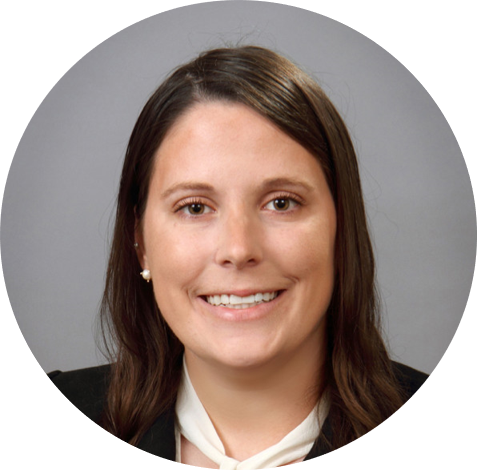
American Faith Leaders and Criminal Justice Reform
Adrienne Phillips
Recent killings of black Americans have incited anger, leading to large and sometimes violent protests across the country. The most notable deaths are those of Ahmaud Arbery, who was killed by two white men in February while out for a run; Breonna Taylor, who was sleeping in her apartment when she was shot by police; and George Floyd, who was killed by police officers after telling them that he could not breathe while being held down. These tragic deaths and the ongoing protests have been difficult for America, especially coming as they do during a global pandemic. During this time, many might look to their faith for answers and clarity. It is important to understand how faith leaders and today’s racial protests are interwoven and the impact that faith leaders have on their members.
Faith leaders’ attempts to assist in criminal justice reform are nothing new. For example, back in February, forty Alabama pastors wrote a letter to lawmakers, asking them to bring about criminal justice reform and change the prison system. Now, faith leaders and churches are responding in different ways and using their platforms to bring attention to such issues. For instance, United Methodist bishops are asking members of their communion “to take a stand against the oppression and injustice that is killing persons of color.” They also asked Methodists “to act by spending eight minutes and 46 seconds in prayer at 8:46 a.m. and 8:46 p.m. each day for at least the next 30 days” to commemorate the length of Mr. Floyd’s suffocation.
Furthermore, seven senior U.S. Conference of Catholic Bishops members said, “While it is expected that we will plead for peaceful non-violent protests, and we certainly do, we also stand in passionate support of communities that are understandably outraged.” Another pastor has acknowledged the strong need for religious institutions right now, despite community health concerns.
It is important to understand how faith leaders and today’s racial protests are interwoven and the impact that faith leaders have on their members.
Many more responses from faith leaders continue to condemn racism. But some go further and preach criminal justice reform. Dr. Stacy Spencer, the Memphis Interfaith Coalition for Action and Hope’s president, emphasized the role that faith leaders have and how different faiths need to work together, urging that “we need to listen to voices of all faiths” and “[w]e need to reform our criminal justice system” to move forward. Derrick McCoy, of the evangelical group Compassion International, stated that “he tries not to have a ‘lens of bitterness,’” even though he has two sons near Mr. Arbery’s age. He further asked, “for criminal justice reform 2.0.” He shared this message with Vice President Pence and recognized that “America is listening, and we have to have the right tone.”
Imam Asad Zaman, the Muslim American Society of Minnesota’s executive director, has even taken the initiative further outlining several police reform proposals in respect to the events. He stated that “the Qur’an teaches us that to save a single life is to save all of humanity.”
One particularly interesting initiative is “Solidarity Sunday.” It was created by REACHsv, local church members, and “the Huntsville Chapter of the Southern Christian Leadership Conference.” The goal is to have churches sign the solidarity pledge, train their leadership, provide congregational “messages on systemic racism,” and agree “to help move forward an existing local cause.” The organizers hope that they will be able to get white churches involved to continue the movement and the dialogue. Reverend Dexter Strong, REACHsv’s Director of Outreach, explained, “Outside of the black church tradition, and the few collaborators on the black church tradition, white churches have been silent on injustice, and they have a choice to make.” REACHsv’s efforts will help form a “citizen coalition for Criminal Justice Reform,” according to Huntsville Racial Equality Action Committee Director of Development Aaron McNully.
Some faith leaders even convened on the steps of their state capitol. In Connecticut, several announced that they will take part in a “sunrise to sunset fast for justice” until police reform legislation is passed. Bishop John Selders leads this group titled Moral Monday CT.
President Donald Trump has responded to protests with military and police force. CNN reports that “Trump and many of his top lieutenants have denied systemic racism is a problem in policing at all.” For now, “[c]riminal justice reform remains a work in progress.” But Baptist pastor Dr. Jamal Bryant asks protestors “to keep marching and keep the faith.” ♦

Adrienne Phillips is a rising third-year law student at Emory University School of Law. She is currently serving as Chief of Staff for the Journal of Law and Religion.
Recommended Citation
Phillips, Adrienne. “American Faith Leaders and Criminal Justice Reform.” Canopy Forum, September 18, 2020. https://canopyforum.org/2020/09/18/american-faith-leaders-and-criminal-justice-reform/

